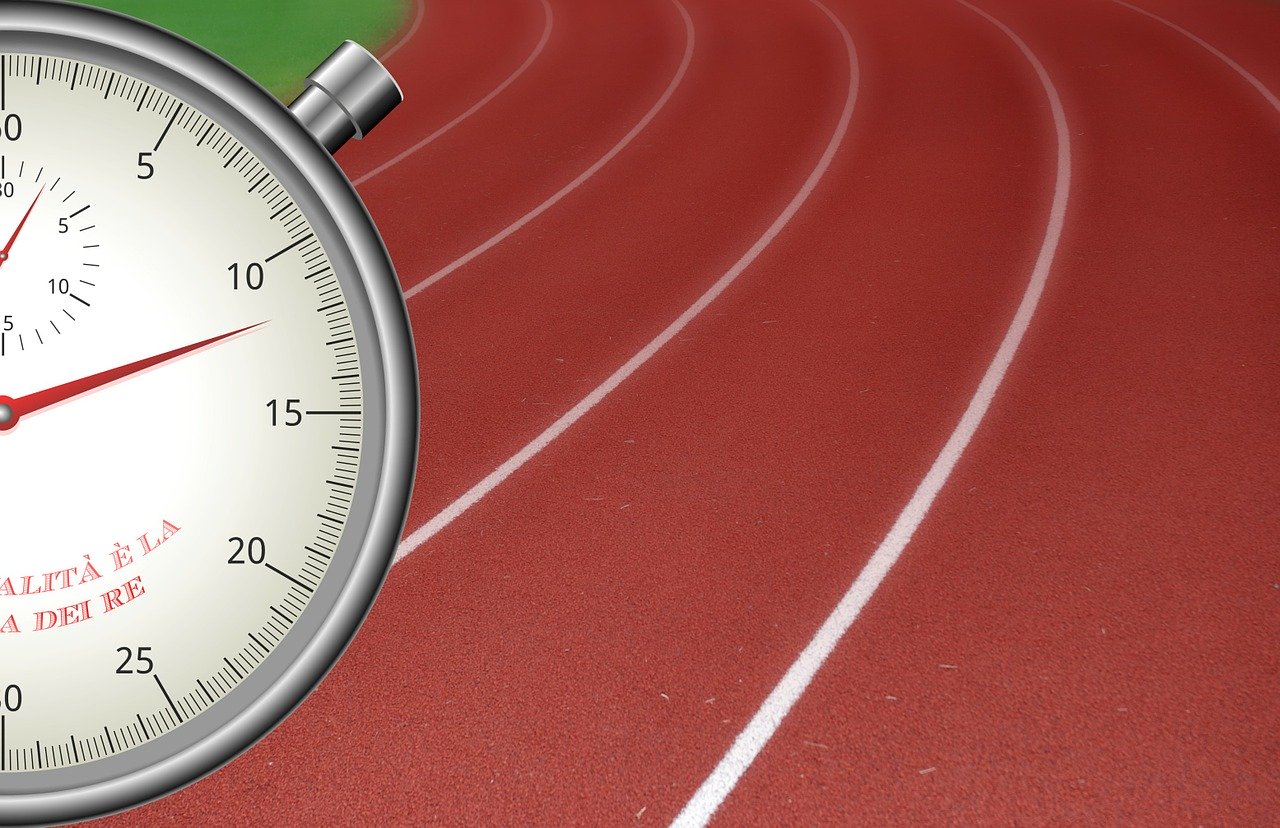In September 2019 researchers from Spain published the results of their study to assess the effect of caffeine intake on 800-m running performance, sleep quality and nocturnal cardiac autonomic activity in trained runners. A total of 15 male middle-distance runners, average age 24 years, were involved in the study. The individuals were given either a caffeine supplement (6mg/kg-1) or a placebo one hour before an 800-m running time-trial test in the evening. During the night, cardiac autonomic activity was measured and sleep quality assessed via a sleep questionnaire. A second 800-m running test was performed 24 h after the first. The individuals then repeated the activity using the alternate supplement. Time, heart rate, rating of perceived exertion, and blood lactate concentration were analyzed for each running test. Results showed that there were no significant differences in cardiac autonomic activity or performance between the two supplements. However, the caffeine supplement was seen to impair sleep efficiency, actual wake time, the number of awakenings, sleep quality, calm sleep, ease of falling asleep and feeling refreshed after waking.
Ramos-Campo DJ et al. Impact of Caffeine Intake on 800-m Running Performance and Sleep Quality in Trained Runners. Nutrients. 2019 Sep 1;11(9). pii: E2040.

